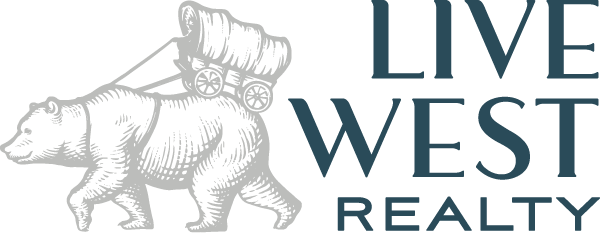• Earnest Money – At the time a written offer on a property is initiated, you will be required by the seller to include a personal or cashier’s check for “earnest money”. Your money will be kept in the trust of the real estate company (or a designated title company) handling the listing and not turned over to the seller. Your deposit represents your sincerity in the attempt to purchase and is refundable if the offer is not accepted, or if your loan is not approved, providing all the necessary dates are met in a timely manner.
You will submit earnest money with the purchase offer, anywhere from $3000 and up (Typically 1-2% of the purchase price). The more expensive the home the higher the earnest deposit. The amount is pre-determined by the seller in the listing agreement with the listing agent and is published in the MLS. The amount like most elements of a contract is negotiable, however the more money you put down, the more serious your intent will appear to the seller. This check will be held by the title company or the listing company until contract agreement, at which time your check will be deposited into the listing broker (or title companies’) trust account. The title company brings these funds to the closing.
• Loan Application – Loan application takes place anytime before selecting a home, but no later than two to five days after the seller and the buyer agree. Fees are paid to the lender for credit reports and appraisals, approximately $400 to $600. The purpose of an appraisal is to determine the market value of the home you wish to buy. Your loan amount is based on the value of the property. The buyer typically pays for the appraisal.
• Home Inspections – It is extremely wise and much advised to have your home inspected by a qualified inspector. Common practice is to use a single inspector for this task, however many times when purchasing an “older” home or a property that has questionable elements, a wiser decision is to use a professional in the field of question. For example, the property may have obvious roof damage. A normal inspector will only tell you the roof needs replacement, while a roof inspector will tell you how extensive the damage is and give an estimate as to the expense.
Estimated inspection fees
Home inspection: $400 – $600 Mold $175+ Lead $350 -$500
Radon testing: $120 -$200 Roof $100
• Buyer Agent’s Fees – The agent fee for the buyer is paid by the listing broker (the seller pays the listing broker as per their listing agreement and the listing broker offers a % (called a co-operation fee) to the selling agent (buyer’s agent).
• At Closing (30-60 days later) – Balance of your down payment plus closing costs. Closing costs typically range from approximately 2.5% to 3.5% of your loan amount.
